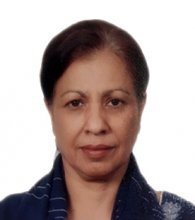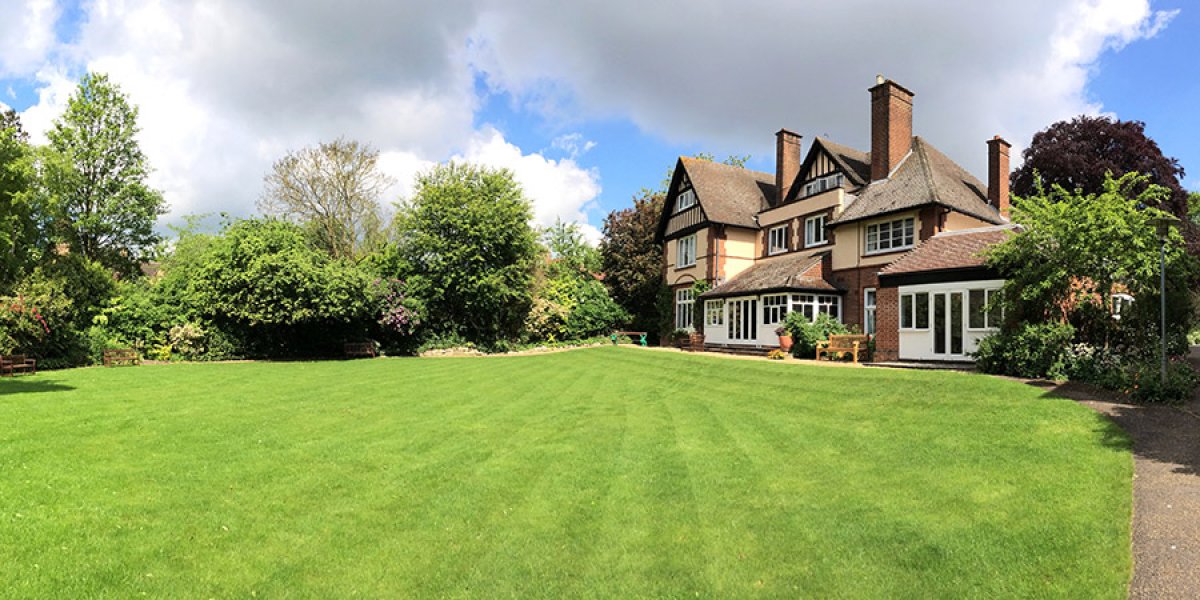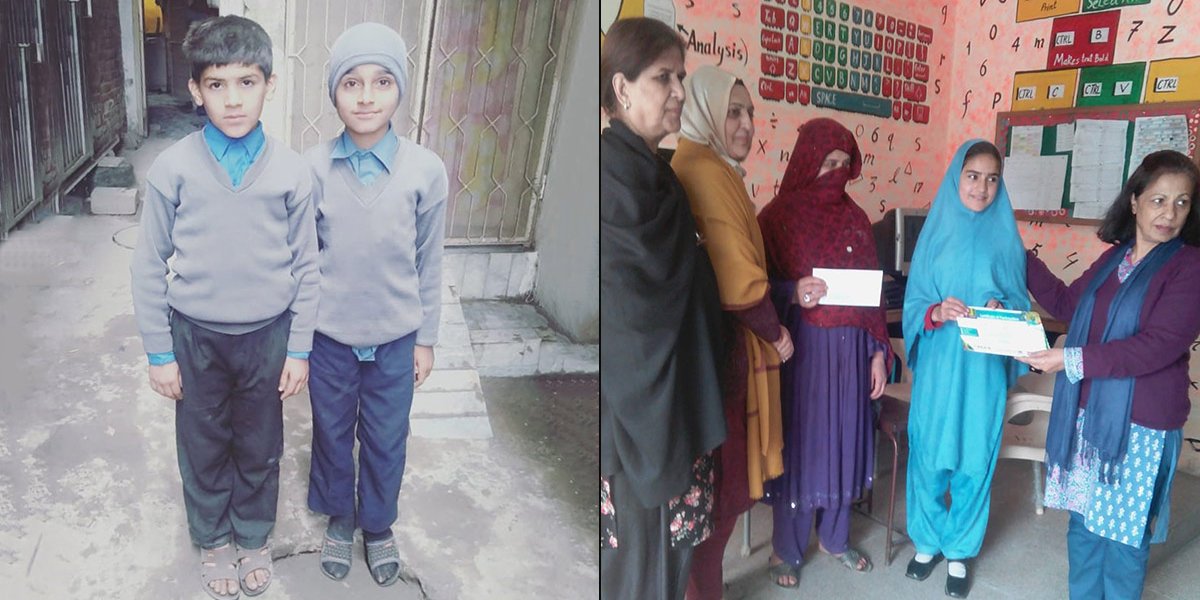Investigating inequality in second language learning - Shazia Afzal
Shazia Afzal (Lucy Cavendish 2009) describes how investigating inequality in second language learning led to setting up her own school for underprivileged children.

I had done it! Despite facing many obstacles, I had won an OSI Chevening Commonwealth Scholarship to study at the University of Cambridge.
I arrived in Cambridge the first week of October 2009, feeling thrilled that I was going to be studying at a world renowned university. It was a dream come true.
Being a mature student, I was to join Lucy Cavendish College. Here I met women in their 50s who, like me, had defied the odds to come to Cambridge. We may have been older than the average student but we were surely young at heart.
I grew up in Pakistan and taught at the University of Management Sciences, Lahore. I had long been troubled by the difference I saw in student’s ability to learn a second language. Those who had come from state schools faced many more problems than those from elite schools. It was this inequality that I decided to investigate for my MPhil research project.
I found that children educated at state schools, who had been taught using obsolete methodologies, were less likely to excel in second language learning compared to children educated at modern private schools. Whilst my project is specific to Pakistan, I believe that this research will have wider implications for bilingual students around the world. I hope that university faculties will be aware of these inequalities and adapt their teaching accordingly.
Agent of change
On my return to Pakistan from Cambridge, I was disappointed to be offered the same teaching position I had held previously. However, my faith has always been a strong foundation in my life and, as it turned out, other unexpected doors would soon open.
I decided to move to Ali Institute, a teacher training college in Lahore, and later joined an elite university. I hoped that I could work towards closing the gap in second language use between the rich and the poor. However, I realised that in order to bring about real change, I needed to take a more radical approach.
A breakthrough came when a friend invited me to a prize ceremony at a school for underprivileged children. It was here that I realised exactly what I wanted to do - I wanted to be an agent for change.
Education for everyone
As if God sent, money from my parent’s inheritance came to my rescue. I adopted a school immediately from Door of Awareness, an NGO working in Pakistan. I dedicated this school to my parents, opening it up for children who lived on the street to be educated free of charge.
This decision was not based on any long term plans and I felt that God was very much in the driving seat. First, I used the inheritance money to buy a house which I rented out. The entire rent was directed towards running the school. I pulled the school out of the slums and set it up in a proper rented facility. My friends and relatives were now part of my team.
Today we are educating around 100 children. They are provided with free books, stationery and uniform. The primary school is now well staffed, with computer technology in place. I teach the language classes - I know that having a strong first language background means that learning a second language is much easier.
From shanty dwellings to the present school premises, it has been a long journey. But to my relief and joy, our students are now on the road to success, participating and winning in academic and extra-curricular events in Lahore, Pakistan. The plan for opening up a second shift of classes is also under way.
Thank you Faculty of Education for allowing me to complete research into second language learning in Pakistan and igniting in me a passion to help the downtrodden.
Shazia Afzal has an MPhil in Education and attended Lucy Cavendish College.
If you would like to submit your own alumni story, send us an email for details of our submission guidelines.
This article has been written by Shazia Afzal and the opinions expressed are those of the author.

